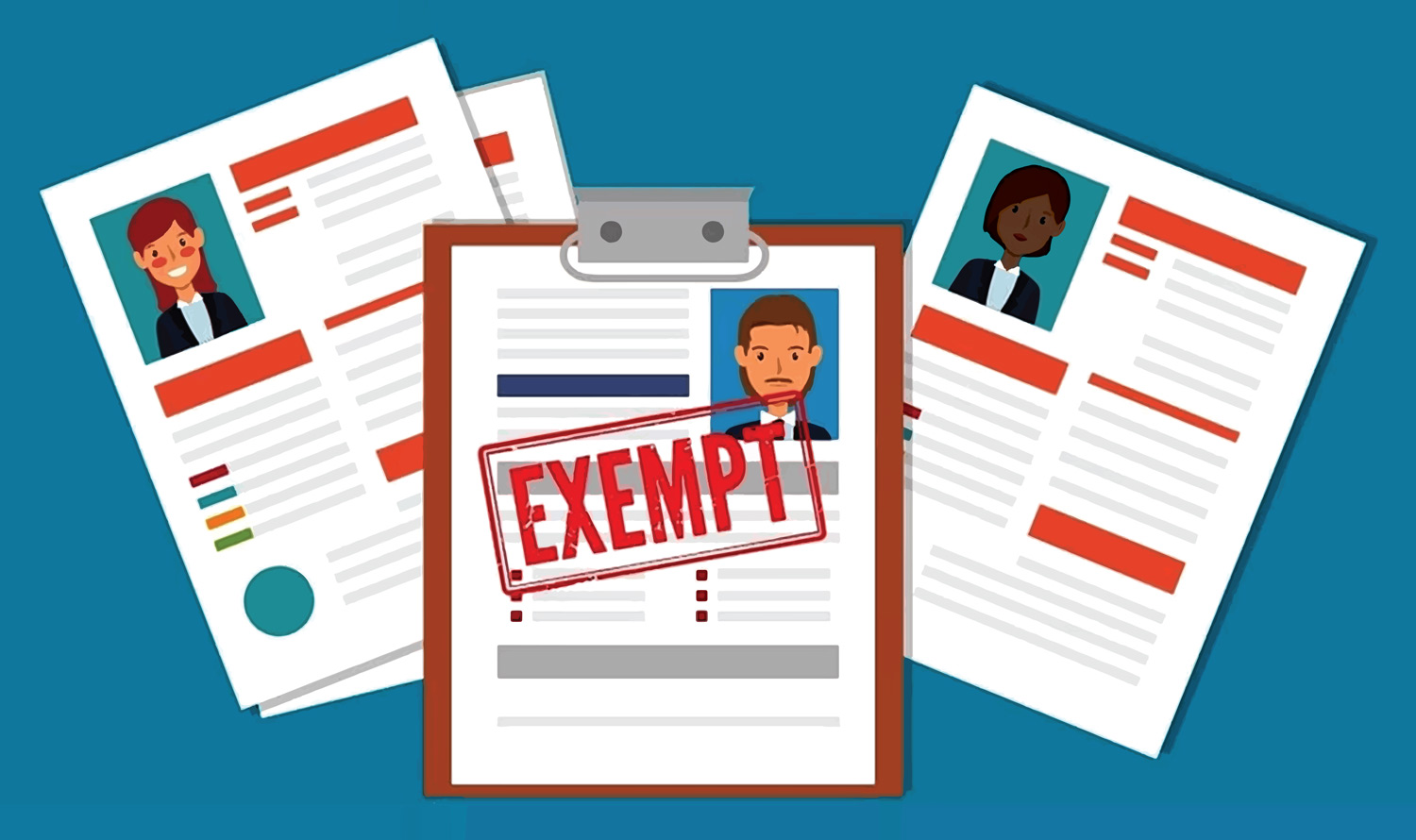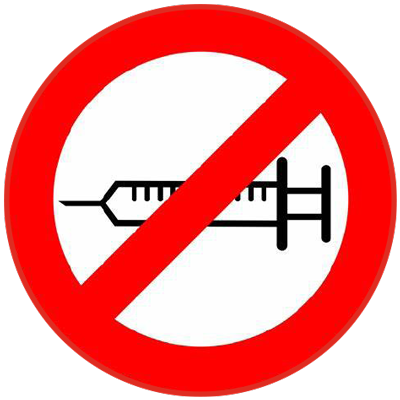
itle VII of the 1964 Civil Rights Act gives you the right to request an exemption to a workplace requirement when it conflicts with your religious beliefs or practices. However, if accommodating your request creates an undue hardship for your employer, your request doesn’t have to be granted.
—from Religious Freedom During Public Health Emergencies Lessons from the Covid-19 Pandemic Policy Brief, March 2021, updated September 21.

The Journalist’s Resource.
Science journalist Melinda Wenner Moyer describes anti-vaxxers as, “people who are doggedly sharing misinformation and trying to convince other people that vaccines aren’t safe. But most people are not that. Most people are somewhere along this spectrum of maybe just having one question that makes them a little bit uncomfortable until they have the question answered.”
According to the World Health Organization (WHO), vaccine hesitancy is “delay in acceptance or refusal of vaccines despite availability of vaccine services . . . influenced by factors such as complacency, convenience and confidence.” WHO listed vaccine hesitancy as one of the top 10 global health threats in 2019, along with Dengue, Ebola, HIV, poor primary health systems, and microbial resistance.
Some object to the vaccine for personal or religious reasons. Here are some of those objections: Human Embryonic Cell lines used in development of vaccines
- Since 1962, various vaccinations have used research and cultures of human embryonic cell lines. Vaccinations for polio, hepatitis A, chickenpox, rabies, shingles, and the rubella part of the MMR vaccine were developed using embryonic cell lines.
- One cell line, WI-38, “may have prevented around 4.5 billion infections. In total, the cells are likely to have spared 10.3 million lives” (bbc.com: “The Controversial Cells That Saved 10 Million Lives).
- While it is true that these cell lines may have originally been developed from fetal tissues, the historic cell lines from which COVID-19 vaccinations were developed stem from as far back as 1973. The makers did not require or solicit abortions, or include any fetal cells from abortions in the actual vaccine.
Vaccines typically do not contain blood products. However, products derived from animals, including animal blood, can be used to grow disease-causing bacteria and viruses in a lab. Vaccines Go Against the Teaching to Care for Our Bodies Side Effects include:
- Muscle aches
- Chills
- Slight fever
- Headache
- Fatigue
“They do provoke an immune reaction, which can cause symptoms,” according to Melanie Swift, M.D., co-chair of Mayo Clinic’s COVID-19 Vaccine Allocation and Distribution Work Group, speaking of vaccination side effects. “That shouldn’t be confused with being harmful or being unsafe. It’s what the vaccine is intended to do.”
Some adherents to religious faiths object to the consumption of pork products, in particular gelatin, that are used in very small proportions to act as a stabilizer in vaccines. John Grabenstein, author of “What the World’s Religions Teach, Applied to Vaccines and Immune Globulins,” makes the point that vaccine injections is a lot different from ingestion.